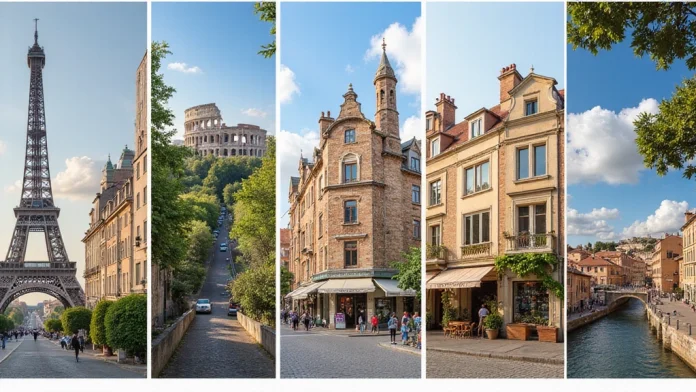14 Essential Tips for Safe Solo Travel in Europe
Traveling solo in Europe is an adventure like no other.
With its rich history, diverse cultures, and breathtaking landscapes, Europe beckons wanderlust-filled souls to explore its many treasures alone.
However, as exhilarating as solo journeys can be, safety should always be top of mind—especially when navigating bustling cities or remote towns.
Whether you’re strolling through a quaint alley in Florence or sipping coffee in a Parisian café, having a solid plan in place is key to ensuring a smooth experience.
Here are 14 essential tips to keep you safe while enjoying your solo adventures across this beautiful continent!
1. Research Your Destination
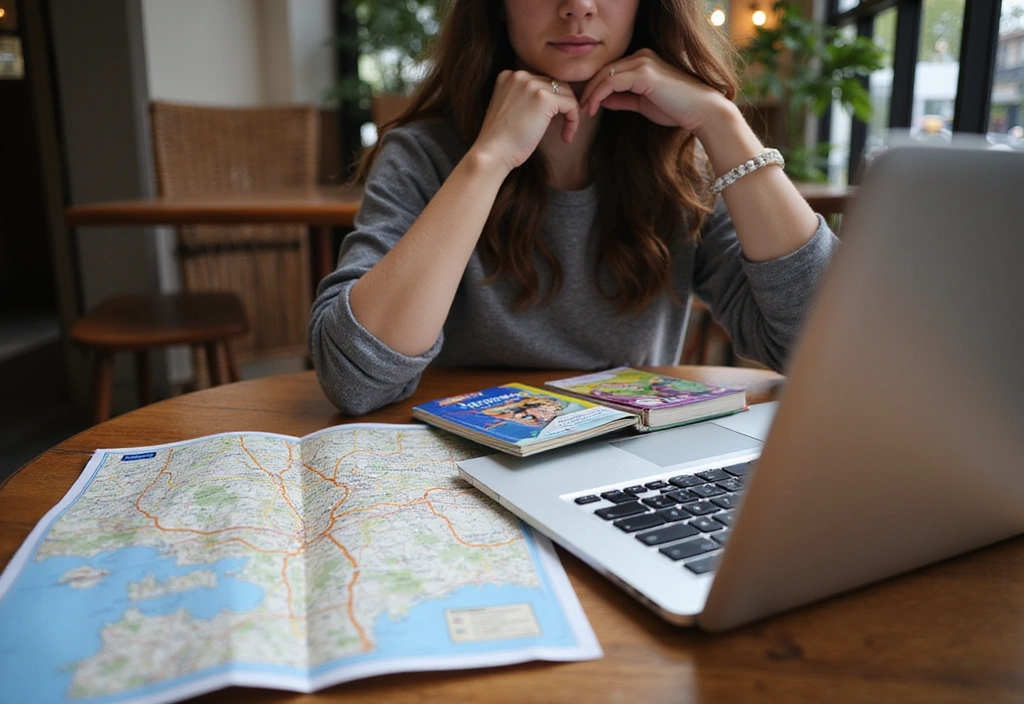
Knowledge is power, especially when it comes to traveling solo.
Before you set foot in a new city, take some time to do thorough research. Look up local customs, transportation options, safety advisories, and areas to avoid after dark.
Websites such as local tourism boards or forums can provide valuable insights from fellow travelers who know the ins and outs.
Additionally, familiarize yourself with maps to navigate easily and consider downloading offline maps to avoid data charges.
Tips for effective research:
– Read travel blogs from solo travelers who visited your destination.
– Join travel forums or Facebook groups where you can ask questions and get advice.
– Learn a few basic phrases in the local language; it’s a great icebreaker and can help in emergencies.
With this knowledge, you’ll feel more confident and in control, making your trip more enjoyable.
2. Trust Your Instincts
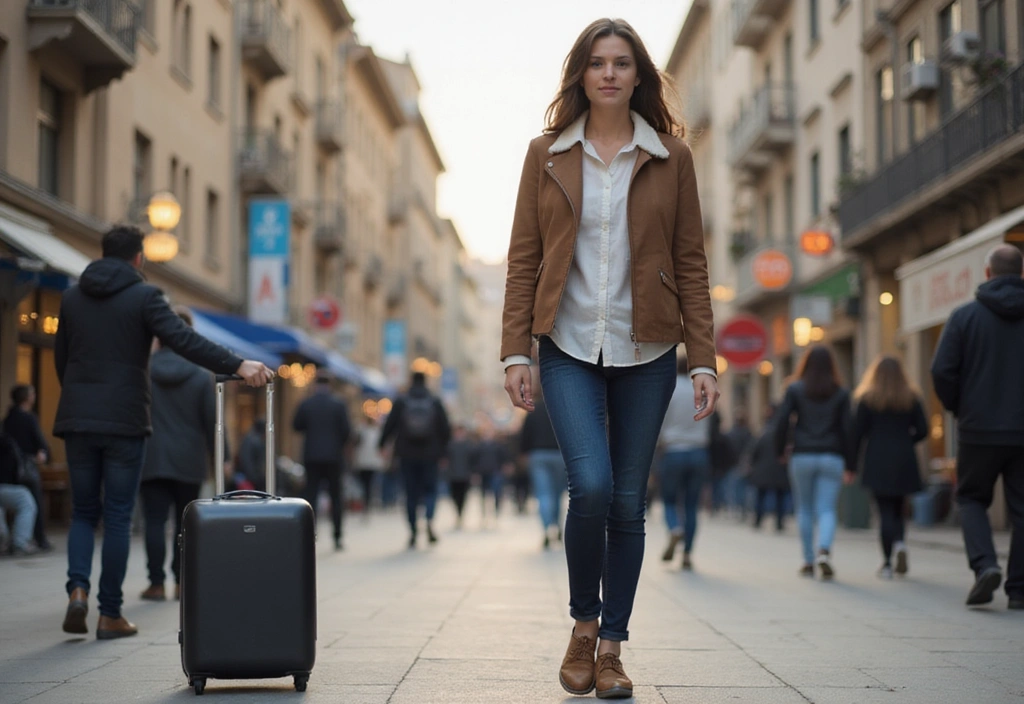
Your gut feeling is often your best guide when traveling alone.
If something feels off, don’t hesitate to remove yourself from that situation. Trusting your instincts can save you from uncomfortable encounters or potentially dangerous situations.
If a stranger approaches you with an offer that seems too good to be true, or if you’re in an unfamiliar area and feel uneasy, it’s perfectly acceptable to walk away.
In addition, it’s wise to share your travel plans and whereabouts with someone back home.
Here are some insights on trusting your instincts:
– Pay attention to body language and tone of voice; they can speak volumes.
– Keep your phone charged and easily accessible for emergencies.
– When in doubt, opt for well-populated areas where you can easily find help if needed.
Staying alert and aware will help you navigate your solo travels safely.
3. Stay Connected and Share Your Itinerary
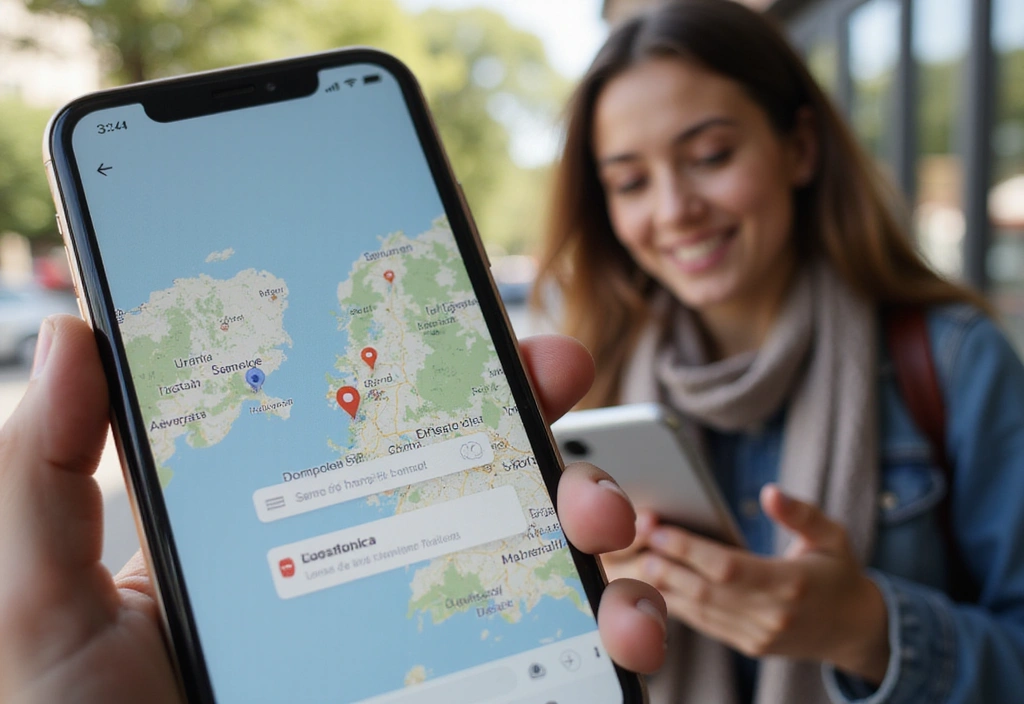
Communication can be your lifeline while traveling solo.
Regularly update a trusted friend or family member about your whereabouts and share your daily itinerary. Doing so can provide peace of mind for both you and your loved ones.
Use apps like Google Maps for live location sharing, or simply send a quick text at the end of the day to let them know you’re safe.
Consider investing in a local SIM card or portable Wi-Fi device to ensure you stay connected throughout your travels.
Key points for staying connected:
– Set designated check-in times and communicate if plans change.
– Use messaging apps like WhatsApp or Signal that work on Wi-Fi to avoid international charges.
– Create a shared document with your itinerary that friends or family can access.
This habit not only adds a layer of safety but also allows others to share in your adventures, making your journey even more fulfilling.
4. Dress to Blend In

Your appearance can sometimes attract unwanted attention while traveling.
When in a new city, aim to dress like a local to avoid standing out as a tourist. In many European countries, casual but stylish clothing is the norm. Avoid flashy accessories or clothing that could make you a target.
Research the local fashion trends—what do locals wear during the season you’re visiting?
Here are some essentials for dressing to blend in:
– Choose neutral colors that suit the locale.
– Invest in a good pair of walking shoes that are both comfortable and stylish.
– Carry a crossbody bag that can be securely closed and isn’t overly branded.
Blending in not only enhances your experience but can also increase your safety as you navigate through new environments.
5. Secure Your Belongings
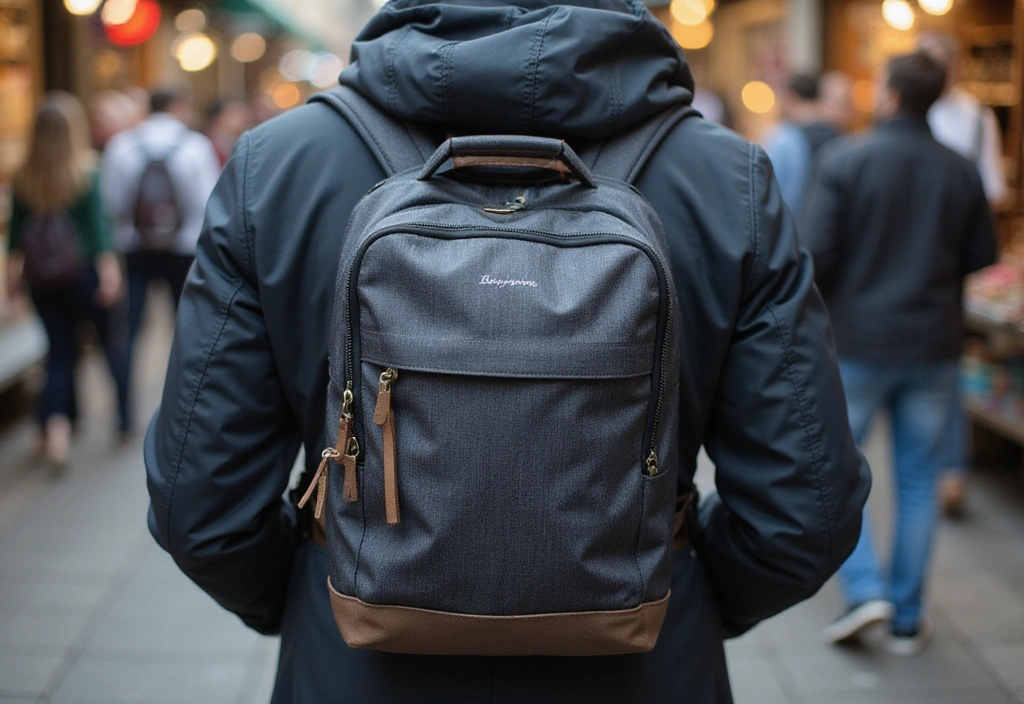
Keeping your items safe should always be a priority, especially when traveling alone.
Invest in anti-theft bags that can’t be easily cut or accessed. Use locks for zippers, and keep your essentials close to you at all times.
Avoid carrying large amounts of cash; instead, use a mix of credit/debit cards and a little cash for small purchases.
Here are some key security tips:
– Keep a photocopy of your passport and important documents stored separately from the originals.
– Use hotel safes for valuables when they’re not in use.
– Be wary of distractions; pickpockets often work in teams to divert your attention.
By staying vigilant, you can focus more on enjoying your solo travel experiences without the nagging worry of theft.
6. Choose Accommodation Wisely
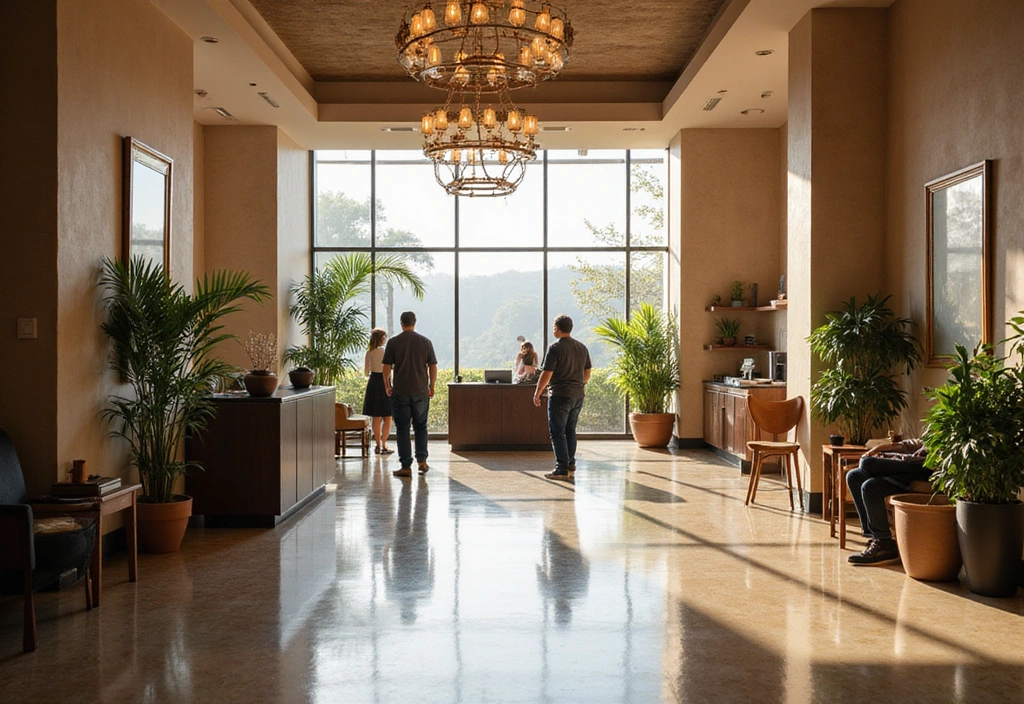
Your accommodation sets the tone for your entire trip, so choose wisely.
Look for well-reviewed hostels, hotels, or Airbnb options located in safe neighborhoods. Areas with good public transport links make it easier to get around and feel connected to the city.
Additionally, consider places that offer 24-hour check-in and security measures.
Key pointers for accommodation selection:
– Read recent reviews. Look for comments on safety and cleanliness.
– Avoid places that are too far from central attractions, especially when returning at night.
– Choose accommodations with a friendly atmosphere, which can make meeting fellow travelers easier.
The right accommodation can greatly enhance your solo travel experience, making it more comfortable and enjoyable.
7. Stay Aware of Your Surroundings

Being aware of your surroundings can make a significant difference in your safety as a solo traveler.
Pay attention to the people around you and the environment. Avoid distractions, like excessive phone use, when walking in unfamiliar areas.
If something feels unusual or uncomfortable, trust your instincts and change your route.
Tips for staying aware:
– Maintain a confident posture and walk purposefully, which can deter unwanted attention.
– Avoid dark alleys or poorly lit areas at night.
– If you feel nervous, don’t hesitate to ask a local for directions or advice.
Developing an acute awareness can turn a potentially risky situation into a safe navigation of your travel experience.



















